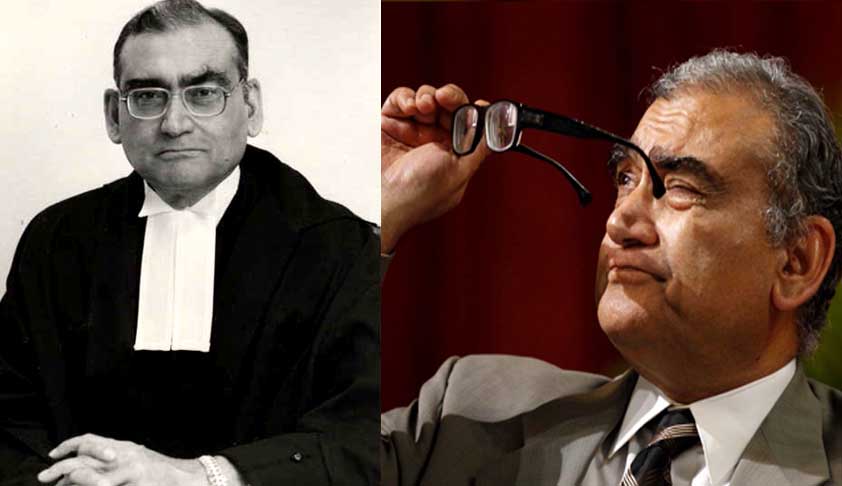
The ‘controversial’ Judge
By Justice Katju
I have often been called a controversial judge.
Well, I don’t mind what one calls me, but I am curious to know what exactly does the word ‘controversial’ mean ?
A perusal of Thesauruses and dictionaries makes one’s eyes boggle, as they give over a hundred meanings
Perhaps I am regarded controversial as I often present novel ideas, many of which were unheard of before, and many of which deeply offend and shock a large number of people, e.g. saying there is nothing wrong in eating beef, or that Gandhi and many others whom Indians glorify e.g. Tagore, Sir Syed Ahmed Khan, Allama Iqbal, ‘Veer Savarkar’ etc were objectively British agents or that Pakistan is a fake artificial country created by a British swindle called Partition in 1947 and is bound to reunite with India under a secular government , or that all religions are superstitions, or that developed nations will oppose tooth and nail underdeveloped nations becoming developed, or that 90% Indians are fools.
New ideas are often treated with great hostility by the masses, who are conservative by nature, and those who propound them often do so at great personal risk. Voltaire and Rousseau faced great hostility in France, and had to fly for their lives, by their writings they attacked the then prevalent feudal system and religious bigotry.
In 1543 the Polish-German scientist Copernicus in his book ‘ De Revolutionibus orbium coelestium ‘ ( On the Revolutions of Celestial Spheres ) propounded the heliocentric theory ( that the earth goes around the sun ). Copernicus was at that time the only person in the world who believed in this theory. All others believed in the geocentric theory ( that the sun goes around the earth), which had been propounded by the Ancient Greek astronomer Ptolemy, and was also stated in the Bible.
Copernicus’ theory was at that time regarded heretical, blasphemous, and was dangerous to endorse or propagate, as saying anything against the Bible was at that time a capital offence, for which one could be burnt at the stake by the Inquisition. In fact many decades later in 1633 the great scientist Galileo was almost burnt at the stake for endorsing Copernicus’ view, and survived only by recanting.
Today, however, Copernicus’ view is universally accepted.
So I submit that what should be examined is whether an idea is true or not, and not the fact that it is regarded as hateful, offensive or absurd by the vast majority of people. Copernicus alone believed in the heliocentric theory, while the rest of the world believed in the geocentric theory. So who was right ?
I am writing a series of dissertations or compositions ( called Chapters ) to present my ideas which have made me ‘controversial’. I will try to write them regularly, but since I am presently hospitalized I may be excused for any delays.
I would like to conclude by quoting the great Italian poet Dante Alighieri who said “ Segui il tuo corso et lascia dir les genti “ i.e. “ Follow your own bent, no matter what people say “.

